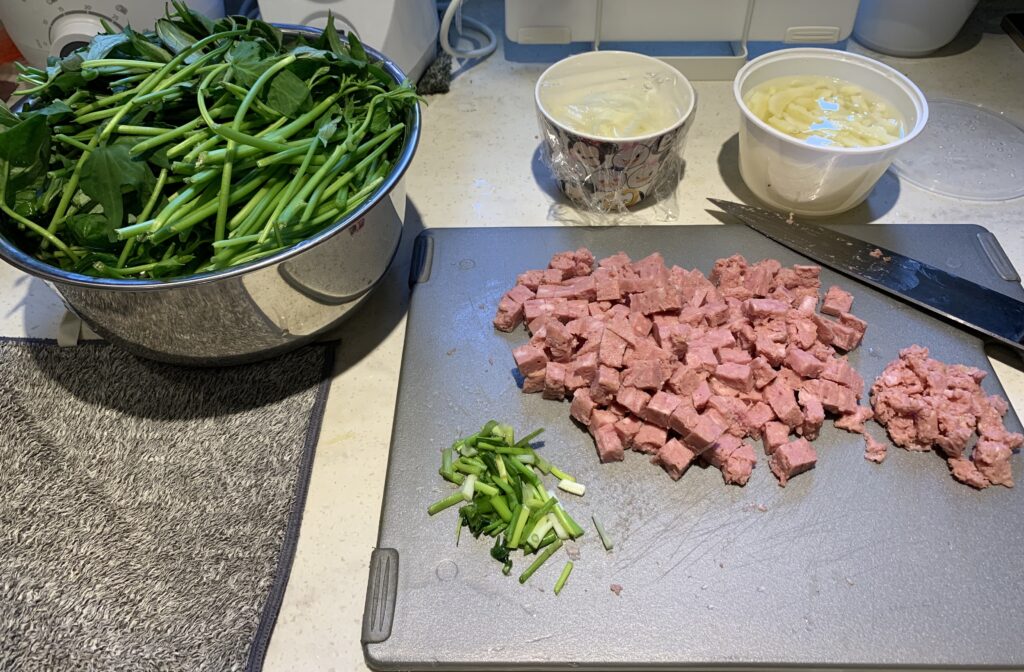Before we even begin to cook, the food themselves may require preparation in order to add flavour to the original ingredient and making it more tender. We mentioned three main methods: Marinating, Brining and Pickling. My main focus here will be on Marinating as that is the most common method used in everyday cooking. It is an easy and effective way to add flavor to meat and poultry before cooking. It’s well-suited to many styles of cooking but especially grilling, stir-fry, broiling and searing.

To do marination well, you will carefully balance three basic components: acid, fat and seasoning.
- Acids are items such as wine, vinegars, citrus juice, buttermilk and enzyme-rich fruits like papaya or pineapple. These help to soften the meat’s surface by weakening the protein in the meat. allowing for slight absorption of flavouring. As a side effect, they can help inhibit the cancer causing effects from grilling and roasting.
- Fat, such as olive oil, duck fat, coconut milk or even yogurt, act as moistening agents, flavour enhancers and carriers of fat-soluble flavour compounds in certain herbs and spices.
- Seasonings impart flavour and commonly involve spices, herbs, soy sauce, sugar, aromatic vegetables such as garlic, onions or celery and chiles. Seasoning also influences carmelization, giving extra flavour and colouring to the food.
These components not only work well together but they also enhance each other’s functions when used in the right proportions. If you are experimenting it by yourself, do first recognize the strength of each flavour in each component you will be using for marination, and then you can adjust the amount – use less of stronger flavours per portional amount to the weaker components to give balance. The flavouring that comes from marination determine greatly what the condition of the final product will be, so being able to marinate well goes a long way to making sure the food quality is solid, even if you mess up the final presentation~ At least the food will taste good~
